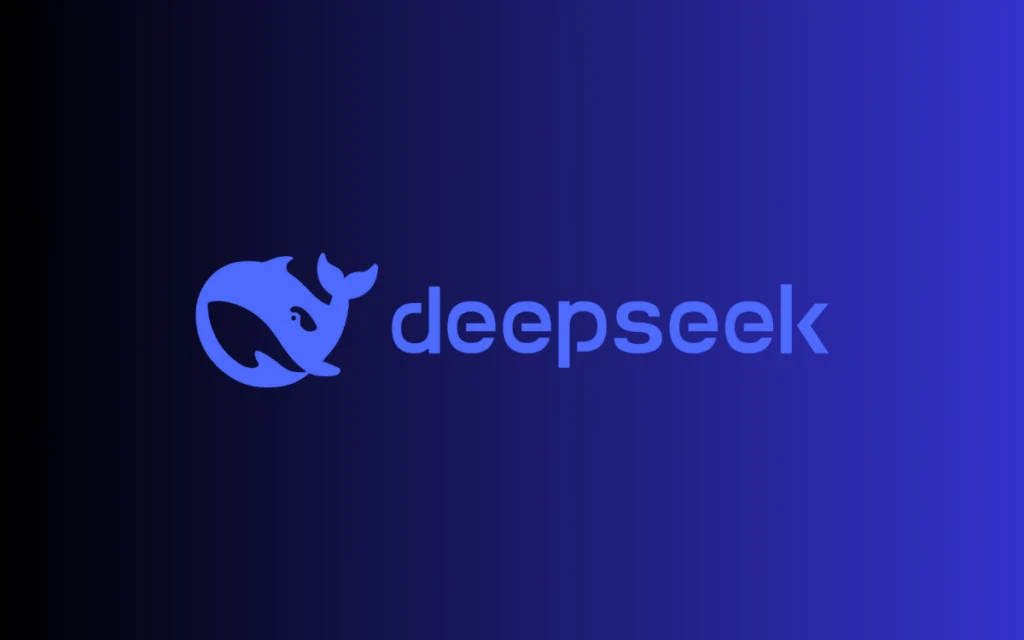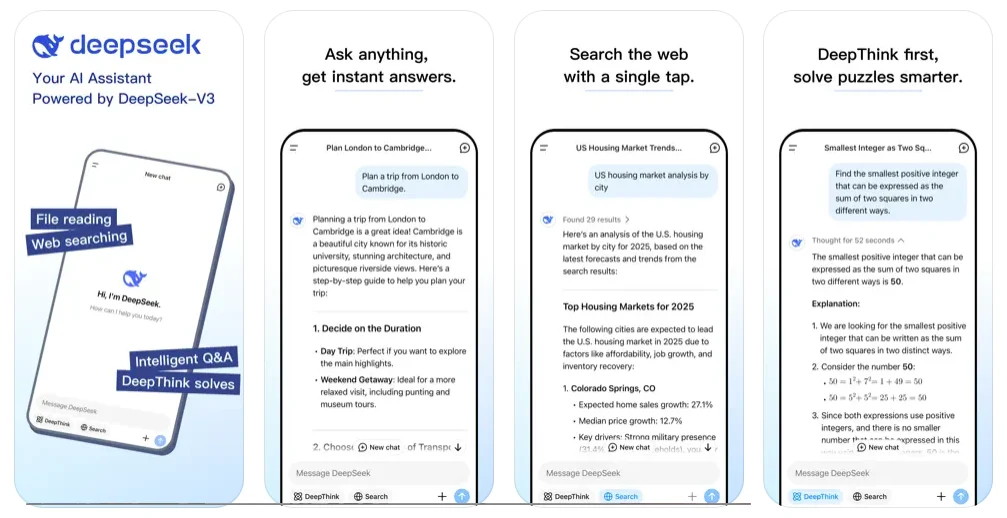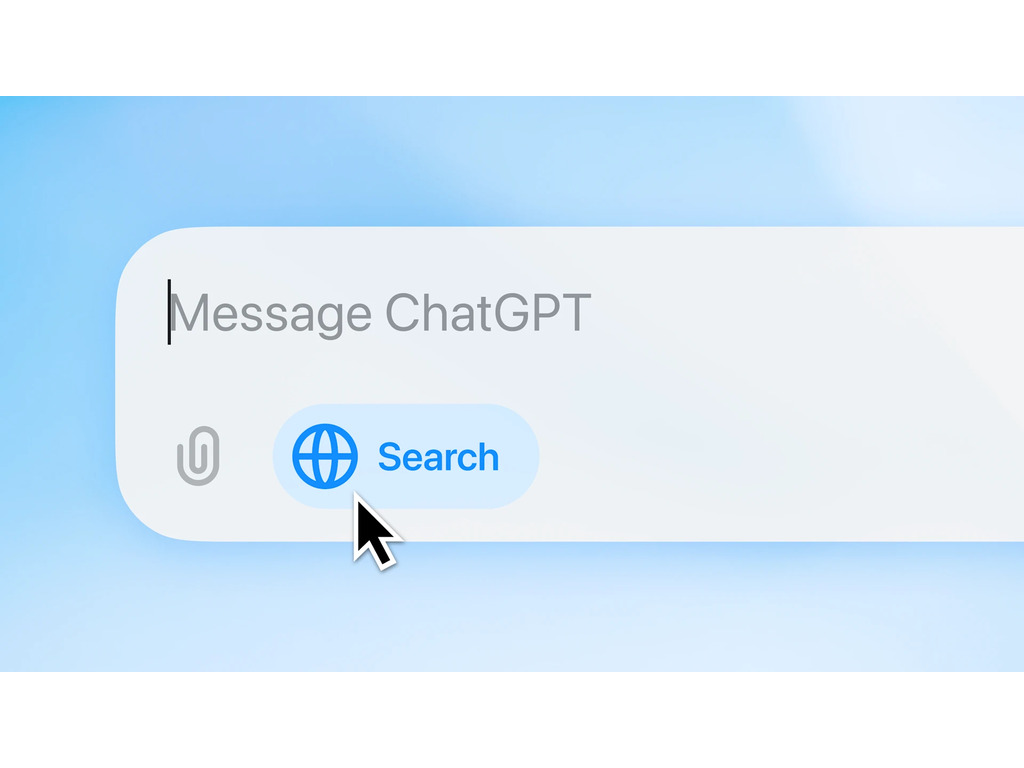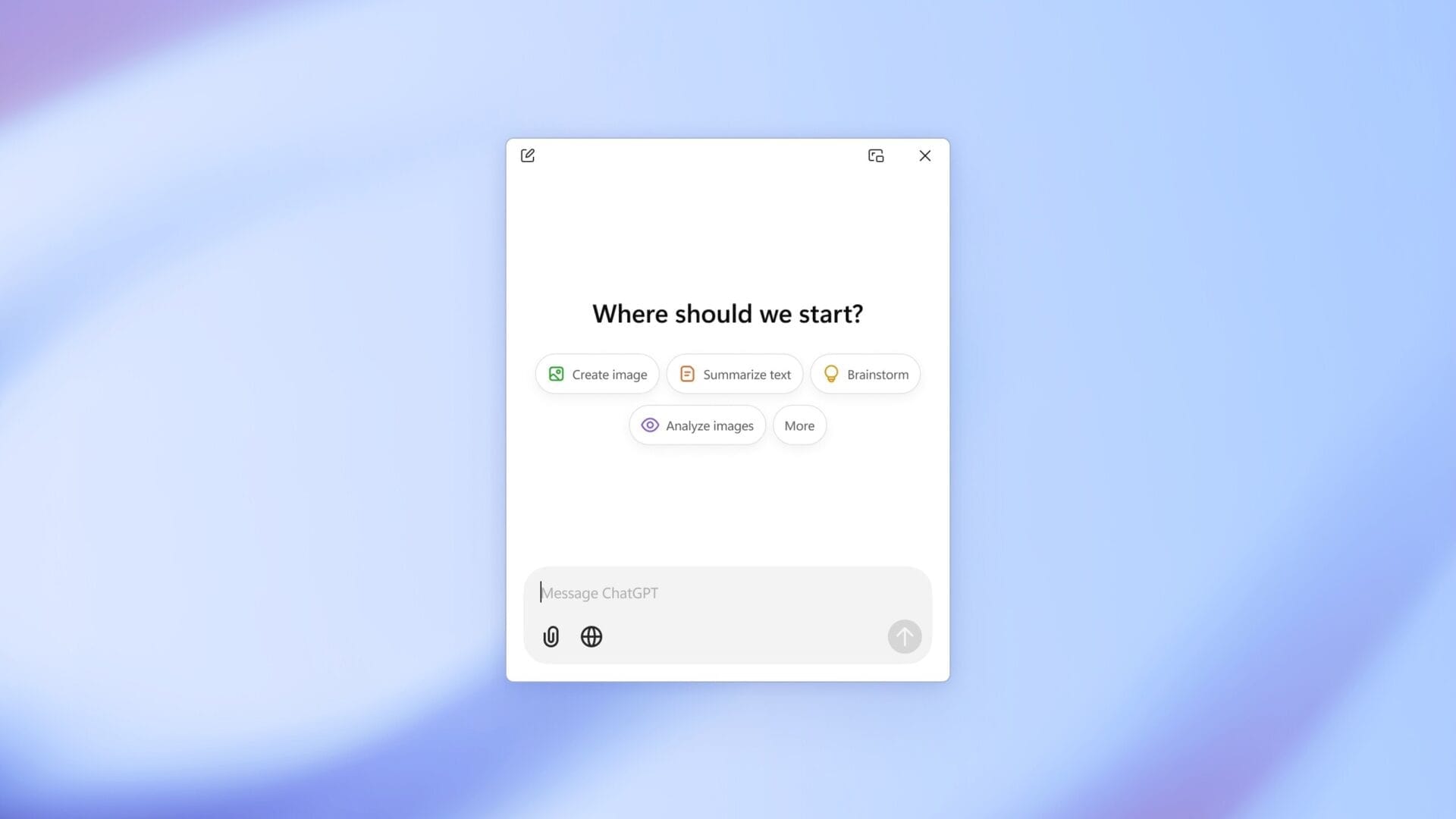OpenAI has introduced its newest AI large language model, the o3-mini, which is quicker and more efficient than its earlier version, the o1-mini, in delivering precise responses. This model marks the first small reasoning LLM that is freely available for all ChatGPT account holders starting today.
Three Reasoning Levels
The o3-mini model offers three levels of reasoning efforts: low, medium, and high. Users with a free ChatGPT account can access o3-mini at the medium reasoning level without any cost, while those with paid accounts have the option to select either the low or high reasoning levels. Subscribers of ChatGPT Plus, Team, and Pro can utilize o3-mini right away, but Enterprise users will need to wait until February. For developers eager to build popular apps utilizing the OpenAI o3-mini API, guidance is available in a book on Amazon.
Performance Comparison
Overall, o3-mini in medium or high reasoning modes excels beyond o1-mini according to standardized AI benchmarks, especially in tasks that require reasoning. In high reasoning mode, o3-mini even surpasses the larger o1 model on certain benchmarks; however, it doesn’t have o1’s capability to interpret images or handle visual data.
Speed and Efficiency
Interestingly, o3-mini delivers responses 24% faster, which equates to approximately 2.46 seconds quicker than o1-mini. This improvement not only decreases the waiting time for ChatGPT users but also lessens the carbon footprint associated with running o3-mini. While it is more efficient, hackers might find o3-mini disappointing, as its potential for being utilized in cybersecurity attacks has been significantly limited.
OpenAI news release, OpenAI o3-mini system card
Source:
Link











